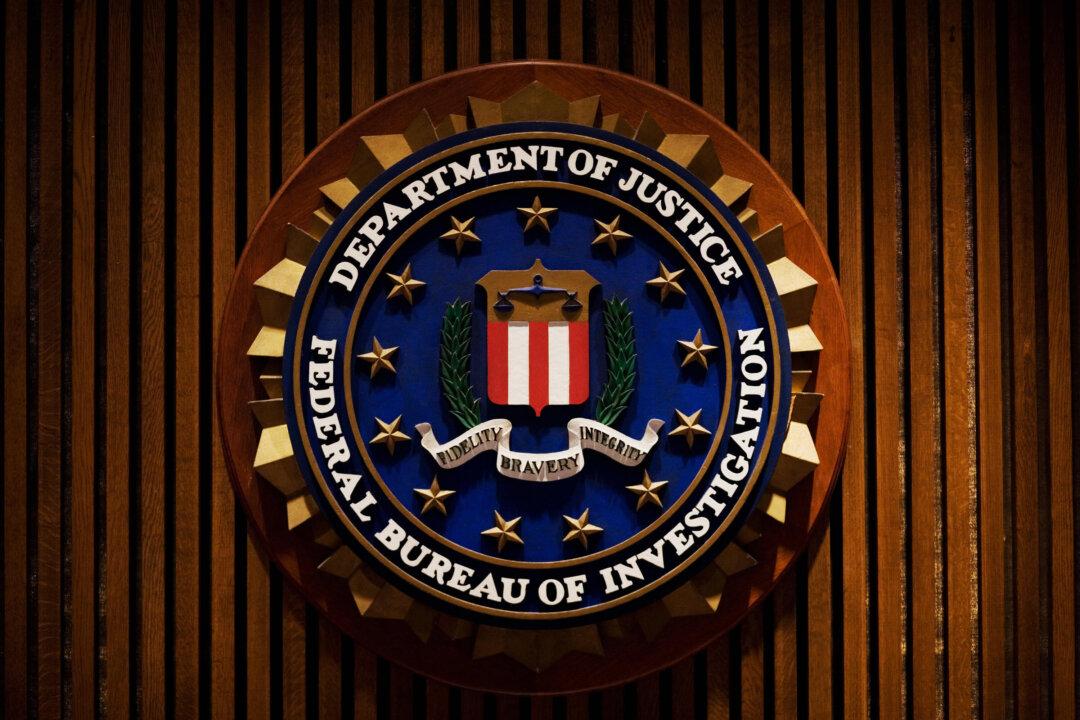Commentary
One thing is sure: Washington has failed utterly in protecting American intellectual property (IP) from Chinese stealing. That failure has spanned decades under both Republicans and Democrats.

One thing is sure: Washington has failed utterly in protecting American intellectual property (IP) from Chinese stealing. That failure has spanned decades under both Republicans and Democrats.